Certain types of plastic, such as the polyethylene terephthalate (PET) used in soda bottles, food packaging, and synthetic textiles, may be eaten by microbes extracted from cows' stomachs.
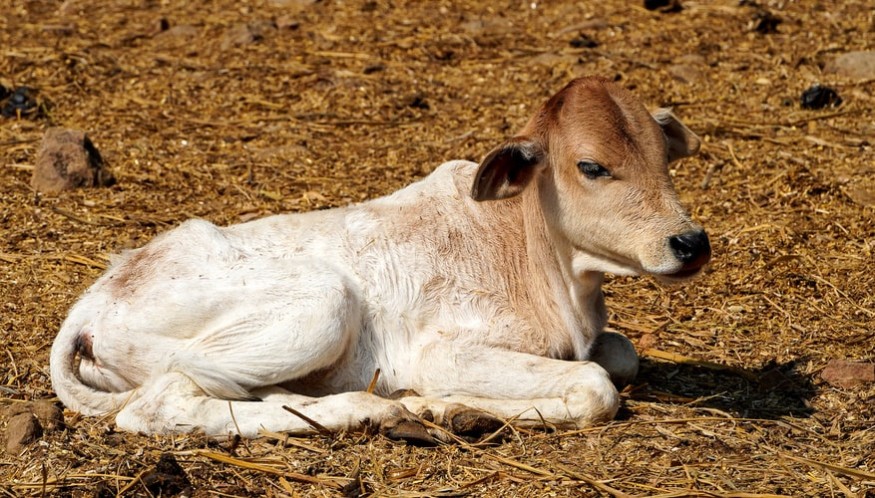
Bacteria were discovered in rumen fluids, which is the biggest compartment of a ruminant's stomach. Ruminants rely on microorganisms to help break down their coarse plant diet. The researchers hypothesized that some microorganisms in a cow's rumen would be able to digest polyesters.
Cow Diet
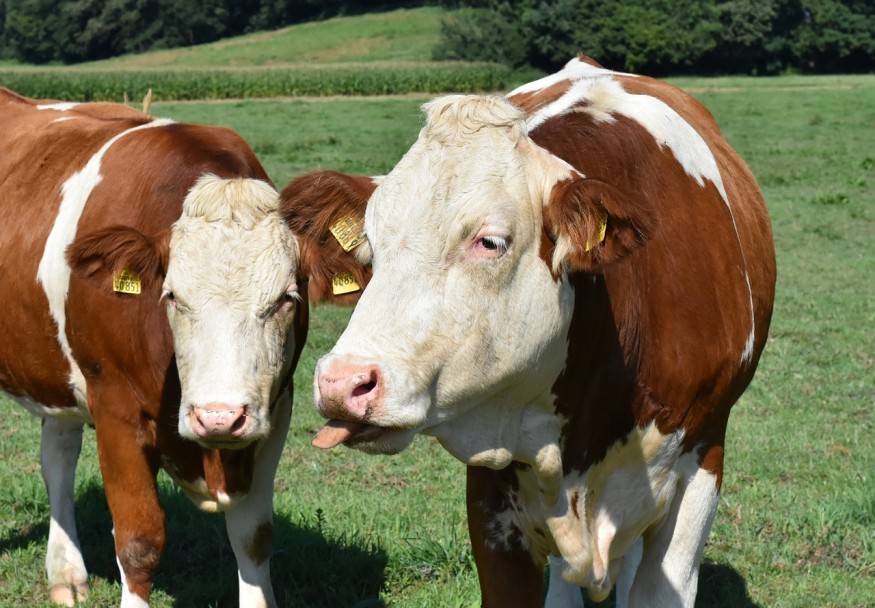
Cows eat cutin, a natural polyester generated by plants, as a result of their herbivorous diets. Being a synthetic polyester, PET has a chemical structure comparable to that of this natural material. According to corresponding author Doris Ribitsch, a senior scientist at the University of Natural Resources and Life Sciences in Vienna, cutin makes up most of the cuticle or waxy outer layer of plant cell walls. Thus, it can be found in abundance in the peels of tomatoes and apples, for example.
"When fungus or bacteria seek to infiltrate such fruits," Ribitsch told Live Science, "they produce enzymes that may cleave this cutin" or separate the chemical bonds inside the material. Cutinases, a type of enzyme, can hydrolyze cutin, which means they kick-start a chemical process in which water molecules break the material down into smaller pieces.
Polyester-Eating Organisms
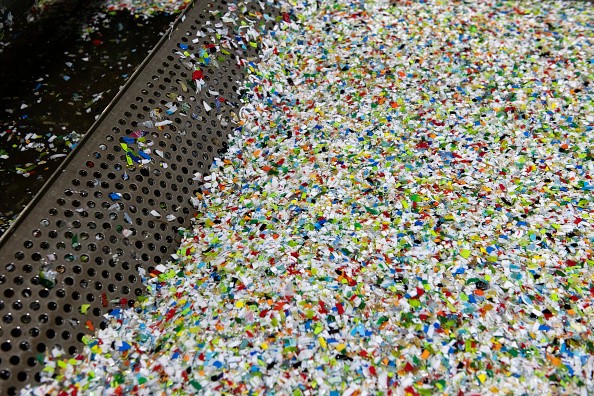
A new study suggests that cows may be a source of polyester-eating organisms in their stomachs, according to German scientist Claudia Ribitsch. Ribitsch and her colleagues had previously identified similar enzymes from microorganisms.
In fact, the researchers discovered that microbes from the cow rumen could degrade not only PET but also two other plastics: polybutylene adipate terephthalate (PBAT), which is used in compostable plastic bags, and polyethylene furanoate (PEF), which is made from renewable, plant-derived materials, in their new study, which was published Friday (July 2) in the journal Frontiers in Bioengineering and Biotechnology.
Breaking Down Plastics
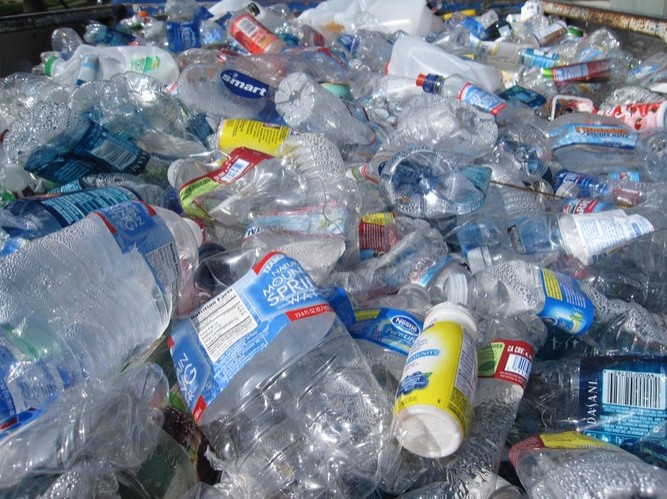
Researchers tested rumen's ability to break down three types of plastic. They found it was the most effective in breaking down PEF but also destroyed all three plastics. The study was published in the Journal of Biological Engineering and Microbiome Research.
The researchers next took DNA samples from the rumen fluids to figure out which bacteria were responsible for the plastic breakdown. According to reports published in Applied Microbiology and Biotechnology and Journal of Hazardous Materials, about 98 percent of the DNA belonged to the bacteria kingdom, with the most prevalent genus being Pseudomonas, of which several species have been shown to break down plastics in the past.
According to a 2017 research in the Journal of Agricultural and Food Chemistry, bacteria from the genus Acinetobacter were found in large numbers in the liquid. In addition, many species within the group have been proven to break down synthetic polyesters.
Designing Bacteria
Scientists hope to genetically design bacteria that generate vast quantities of enzymes from cow stomachs. Enzymes may be made simply and cheaply in this method, according to lead researcher Laura Ribitsch. The goal is to find out what makes up the plastic-eating bacteria in rumen fluids.
The technique involves using different enzymes to break down the material into its component parts, rather than breaking it all down at one gooey time. Textiles containing other materials can thus be recycled without first being split into their component pieces.
Beneficial Enzymes
According to the new study, cow rumens could be another place to look for beneficial enzymes. Still, such enzymes can be found all over nature, according to David Levin, a molecular biologist, and biotechnologist with the University of Manitoba Department of Biosystems Engineering. He was not involved in the study.
Ideonella sakaiensis, a species engaged in sake fermentation, was the first bacteria discovered to be capable of eating PET, according to Levin. In addition, he pointed out that certain marine species, as well as certain fungi that infect terrestrial plants, release cutinases that may break down plastic.
Scientists have successfully identified plastic-eating enzymes that break down PET and biodegradable polymers like PBAT and PEF so far. Still, the true problem today, according to Levin, is finding enzymes that break down more difficult plastic goods.
Breaking Down Plastics
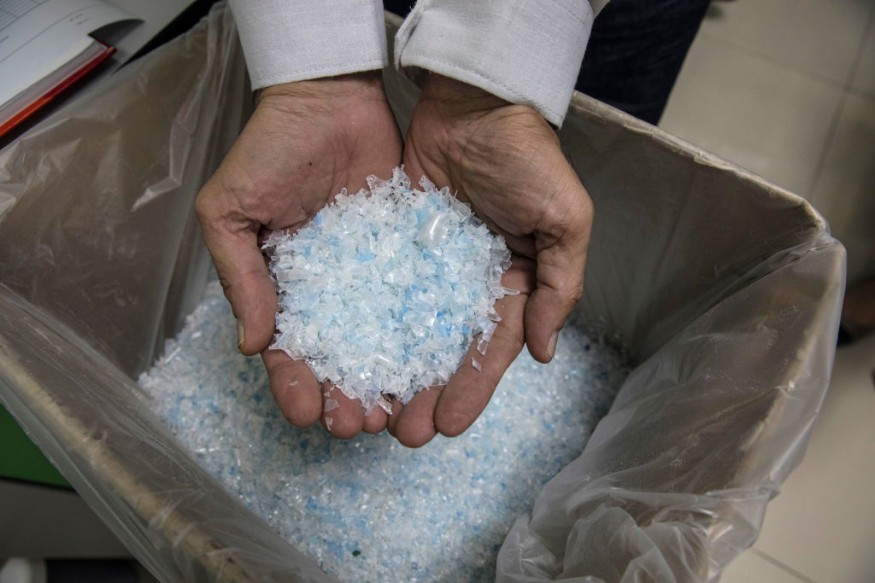
Microorganisms that can degrade polyethylene and polypropylene are still being sought. Scientists have identified, described, and marketed enzymes to break down PET, but they're still finding out how to optimize the bugs' plastic-eating abilities.
Ribitsch said her team is also looking for microorganisms that can eat polyethylene and wonders if the bugs hide in cows' intestines. "Perhaps we can identify enzymes that can break down polypropylene and polyethylene in such large populations as the rumen fluids," she speculated.
For more environmental news, don't forget to follow Nature World News!
© 2025 NatureWorldNews.com All rights reserved. Do not reproduce without permission.





